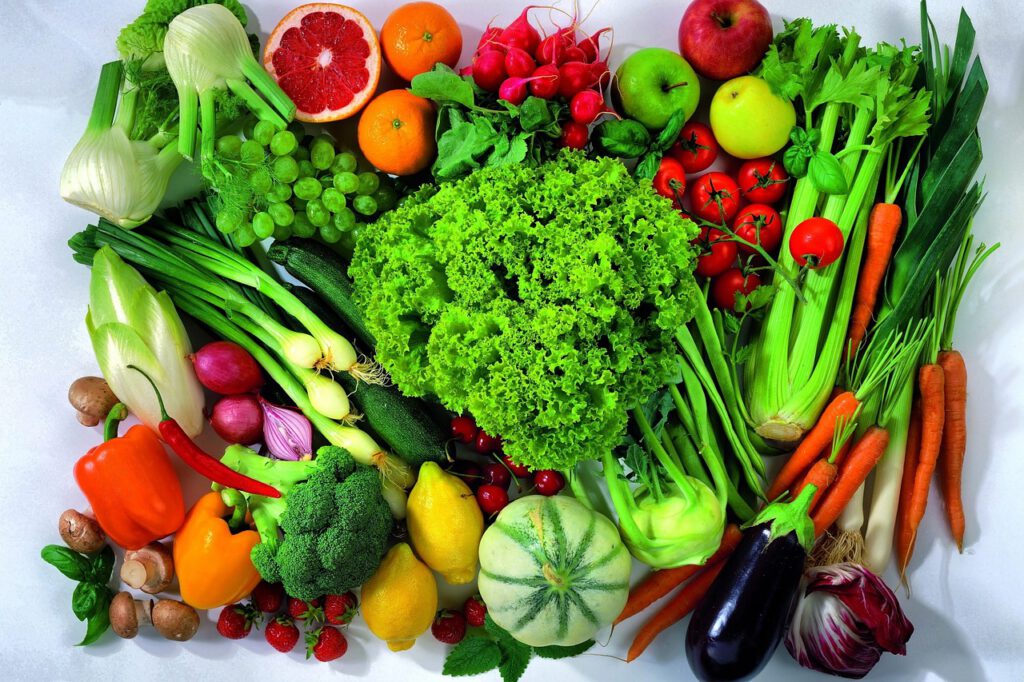From Farm to Table: How Missouri’s Diet Contributes to Obesity
by siteadmin

Missouri, often dubbed the “Show Me State,” boasts a rich agricultural heritage with a diverse array of crops and livestock. However, amidst this abundance lies a concerning trend – obesity rates in Missouri have been on the rise. Despite the state’s agricultural prowess, the journey from farm to table has taken a detour through processed foods and unhealthy eating habits, contributing significantly to the obesity epidemic. Let’s explore how Missouri’s diet, once deeply rooted in farm-fresh goodness, has evolved to play a role in the state’s obesity crisis.
The Decline of Traditional Diets
Historically, Missourians enjoyed diets rich in fresh fruits, vegetables, and lean meats sourced directly from local farms. However, as lifestyles have become more fast-paced and convenience-driven, traditional diets have given way to processed foods high in fat, sugar, and sodium. The shift away from whole foods to processed alternatives has been a major contributor to the rise in obesity rates across the state.
The Influence of Agricultural Practices
While Missouri’s agricultural industry remains robust, the focus has shifted towards commodity crops like corn and soybeans, which are often processed into ingredients for high-calorie, low-nutrient foods. Additionally, livestock farming practices have evolved to prioritize efficiency and cost-effectiveness over nutritional quality, resulting in meat products with higher fat content. These shifts in agricultural practices have inadvertently contributed to the availability of unhealthy food options and a decline in dietary quality.
Food Environment and Accessibility
In many parts of Missouri, especially urban areas, access to fresh, nutritious foods is limited. Fast food outlets and convenience stores offering inexpensive, calorie-dense meals are often more prevalent than grocery stores or farmers’ markets selling fresh produce. This disparity in food environments makes it easier for residents to opt for unhealthy choices, perpetuating the cycle of poor dietary habits and obesity.
Cultural Influences and Dietary Norms
Cultural factors also play a significant role in shaping dietary preferences and habits in Missouri. Traditional Southern cuisine, characterized by deep-frying and heavy use of fats and sugars, remains popular among many residents. Moreover, social gatherings and celebrations often revolve around food, with large portions and rich dishes being the norm. These cultural influences, combined with the availability of unhealthy food options, contribute to the normalization of obesity-promoting diets.
Addressing the Obesity Epidemic
Combatting obesity in Missouri requires a multi-faceted approach that addresses the root causes of unhealthy eating habits. Efforts to promote nutrition education, increase access to fresh foods in underserved communities, and support local farmers producing wholesome ingredients are essential. Additionally, policies aimed at incentivizing healthier food choices, such as taxes on sugary beverages or subsidies for fruits and vegetables, can help shift consumer preferences towards more nutritious options.
While Missouri’s agricultural heritage remains strong, the state’s diet has strayed far from its roots, contributing to rising obesity rates. Addressing this issue requires a concerted effort to promote healthier food choices, improve food environments, and challenge cultural norms surrounding diet and nutrition. By reconnecting with the principles of farm-to-table eating and prioritizing fresh, wholesome ingredients, Missourians can take a significant step towards combating obesity and improving overall health and well-being.
Missouri, often dubbed the “Show Me State,” boasts a rich agricultural heritage with a diverse array of crops and livestock. However, amidst this abundance lies a concerning trend – obesity rates in Missouri have been on the rise. Despite the state’s agricultural prowess, the journey from farm to table has taken a detour through processed…
Recent Posts
- From Farm to Table: How Missouri’s Diet Contributes to Obesity
- Obesity Prevention in Missouri: Promising Approaches and Best Practices
- The Impact of Obesity on Missouri’s Health and Economy
- Beyond the Basics: Missouri Content Command’s Proven Tactics to Propel Your Online Presence in Content Demands
- Cracking the Code: Elevating Your Online Presence with Missouri Content Command’s Innovative Approaches to Content Problems
